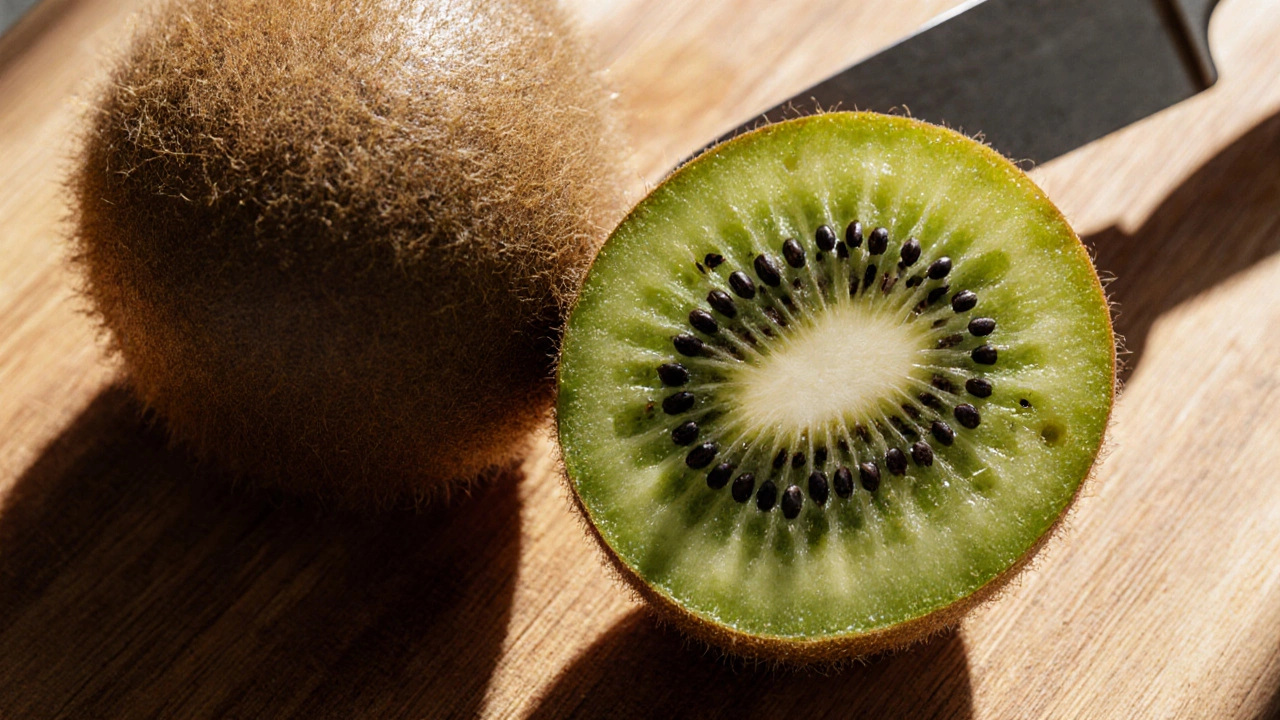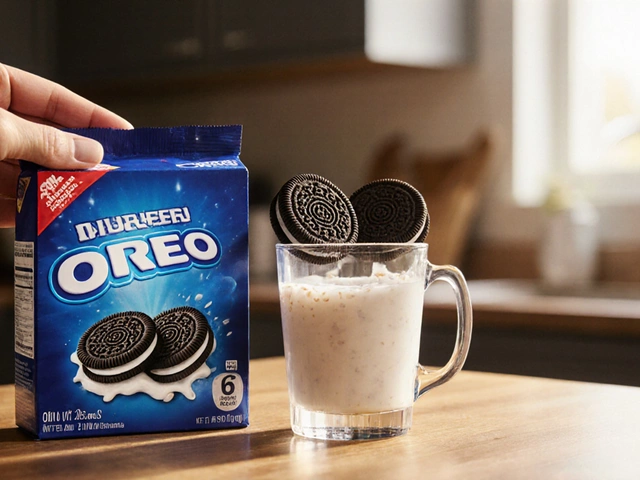Kiwi Not Vegan: What You Need to Know
Kiwi not vegan might sound odd, but the truth is many kiwis carry animal‑derived ingredients that break a strict plant‑based diet. When working with Kiwi not vegan, the fact that commercial kiwis often use waxes or processing aids containing animal products. Also known as non‑vegan kiwi, it shows how fruit can slip past vegan standards during handling.
Other foods face the same hidden pitfalls. For example, Apple not vegan, apples may be coated with animal‑based waxes or processed with non‑vegan substances. Also known as non‑vegan apple, it adds another layer to the vegan‑label challenge. Tahini, a sesame paste often marketed as vegan but sometimes made with animal‑derived processing agents. Also known as non‑vegan tahini, it illustrates that even plant‑based staples need a label check. Finally, Marshmallows, classic marshmallows contain gelatin, an animal protein, making them unsuitable for vegans. Also known as non‑vegan marshmallows, they highlight how sweet treats can hide animal ingredients.
Why It Matters for Your Plant‑Based Lifestyle
Understanding that "kiwi not vegan" encompasses hidden animal‑derived waxes creates a clear semantic link: Kiwi not vegan ↔ animal‑derived waxes. This link drives the need for vigilant label reading, because vegan labeling requires transparent ingredient disclosure. Processing methods influence whether a fruit stays vegan; a fruit coated in shellac or beeswax instantly flips the equation. The same rule applies to apples, tahini, and marshmallows—each product’s processing decides its vegan status. By spotting these patterns, you can avoid accidental animal product consumption and keep your diet truly plant‑based.
Armed with this knowledge, you’ll recognize that the phrase "vegan labels" isn’t just a marketing badge; it’s a promise that the product contains no hidden animal derivatives. When you see a kiwi in the produce aisle, ask yourself: does the package mention a wax coating? Is the wax listed as carnauba (plant) or beeswax (animal)? The answer determines whether the fruit fits your diet. The same question applies across the board—look for "non‑vegan" flags on apples, tahini, and even marshmallows. This mindset helps you stay consistent with your ethical choices.
Now that you see how "kiwi not vegan" ties into broader vegan‑label challenges, the articles below will dig deeper into specific foods, label tricks, and DIY alternatives. Browse the collection to learn which desserts are truly vegan, how to read ingredient lists, and what plant‑based swaps can keep your sweets on track.

Why Kiwi Is Considered Not Vegan and How to Choose a Vegan-Friendly Fruit
Explore why many kiwis are considered non‑vegan, learn how to spot animal‑derived wax coatings, and get practical tips for choosing truly vegan kiwis.
View More




